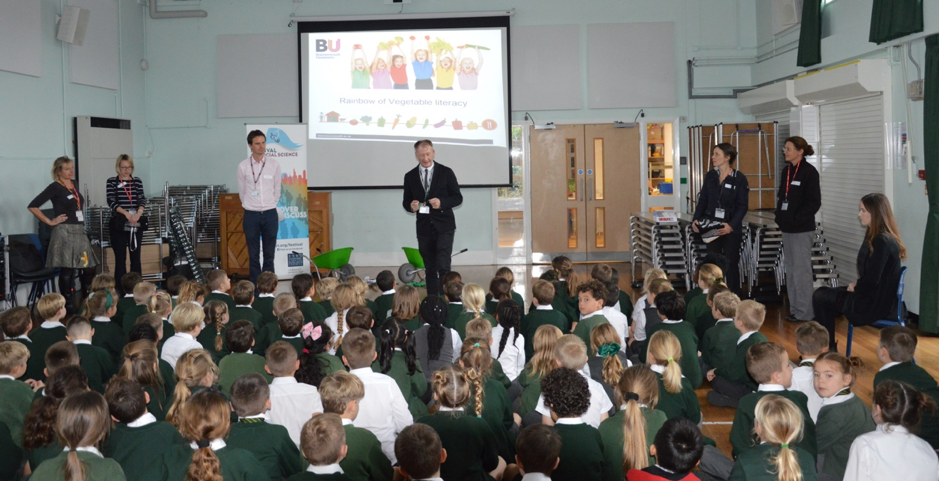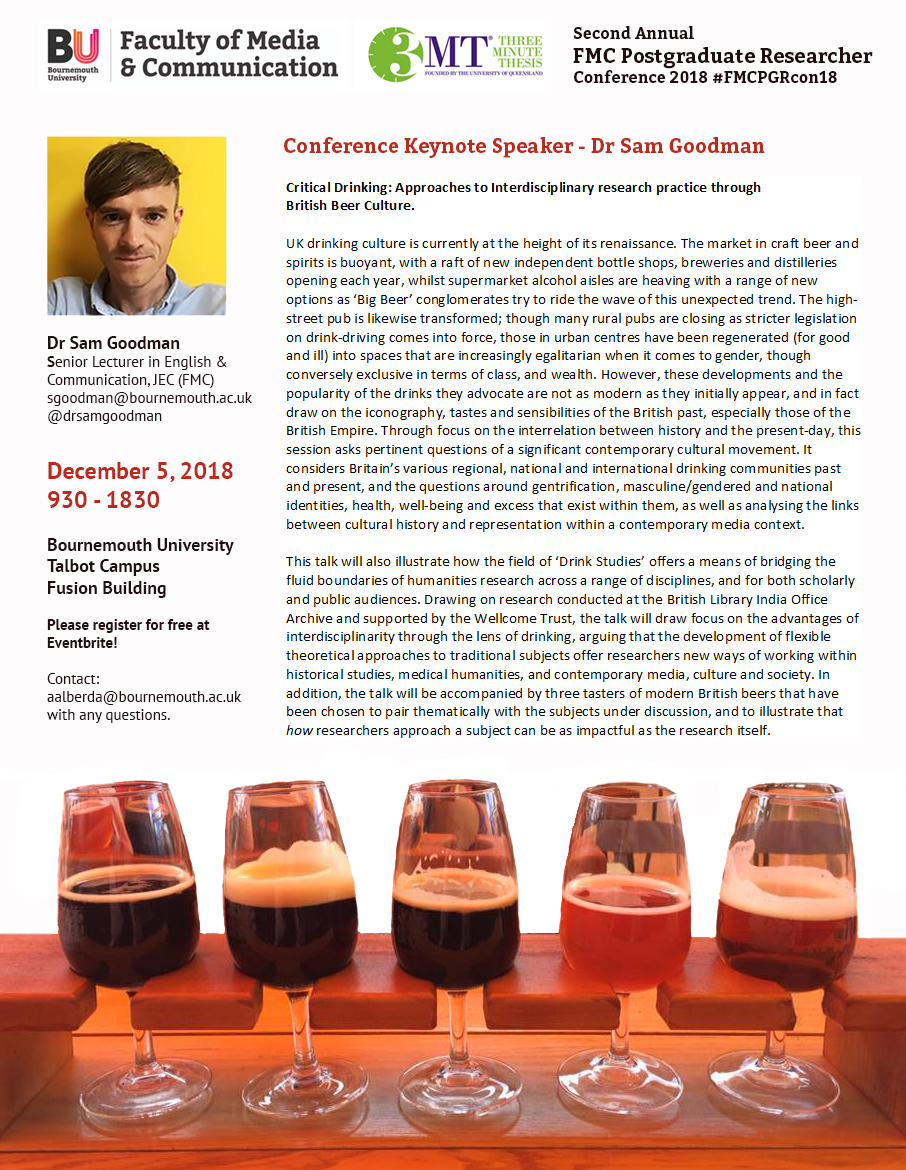 A balanced diet is essential for good health. In 2003, the World Health Organisation launched a global campaign to promote fruit and vegetable consumption well-known as the five-a-day mantra. Despite the clear health benefits and prominent media campaigns, still only one in ten children, and less than a third of adults consume this much.
A balanced diet is essential for good health. In 2003, the World Health Organisation launched a global campaign to promote fruit and vegetable consumption well-known as the five-a-day mantra. Despite the clear health benefits and prominent media campaigns, still only one in ten children, and less than a third of adults consume this much.
Dietary habits are shaped at a young age and behaviours established in childhood persist through later life. As such, exposure to vegetables at a young age is instrumental to their acceptance and consumption.
VeggiEAT and Veg+ projects led by Prof. Heather Hartwell (FoM) have researched factors related to increased vegetable consumption, and the team were excited to share this research with school children in the local community as part of this week’s ESRC Festival of Social Science.
Hosted by Hill View Primary school, we spent Wednesday afternoon with 90 year 3 pupils (7-8 year olds), discussing how great vegetables are for our health and the planet. The children’s enthusiasm was at times deafening when we conducted a ‘Do you know your vegetables’ quiz using Turning Point handsets! Children were asked to taste some common vegetables in a variety of preparations (raw, cooked, baked) and many were surprised that vegetables they thought they didn’t like they actually did when prepared in a different way. ESRC Festival of Social Science funding provided gardening equipment, and every child was able to plant a broad bean seed and will be able to follow its germination and growth through to harvest in the Summer. Finally, the children did some ‘vegetable art’, designing a sign for their new ‘allotment’. We will get the best designs professionally printed and are looking forward to returning to the school in December to present these signs and see how their seedlings are growing.
The event was a great opportunity to see first-hand the impact that our research can have and has already led to discussions around the development of the next research research grant application, to further our understanding of the most effective interventions to increase children’s acceptance and consumption of vegetables.
Our interdisciplinary team included Dr Jeff Bray and Natalia Lavrushkina (FoM); Dr Fiona Cownie (FMC); Prof. Katherine Appleton (FST); Matt Fancy (RDS) and Clare Dunn from the Schools Liaison Team














 Dr. Ashraf cited on ‘Modest Fashion’ in The Guardian
Dr. Ashraf cited on ‘Modest Fashion’ in The Guardian NIHR-funded research launches website
NIHR-funded research launches website Academics write for newspaper in Nepal
Academics write for newspaper in Nepal New paper published on disability in women & girls
New paper published on disability in women & girls Global Consortium for Public Health Research 2025
Global Consortium for Public Health Research 2025 MSCA Postdoctoral Fellowships 2025 Call
MSCA Postdoctoral Fellowships 2025 Call ERC Advanced Grant 2025 Webinar
ERC Advanced Grant 2025 Webinar Horizon Europe Work Programme 2025 Published
Horizon Europe Work Programme 2025 Published Horizon Europe 2025 Work Programme pre-Published
Horizon Europe 2025 Work Programme pre-Published Update on UKRO services
Update on UKRO services European research project exploring use of ‘virtual twins’ to better manage metabolic associated fatty liver disease
European research project exploring use of ‘virtual twins’ to better manage metabolic associated fatty liver disease